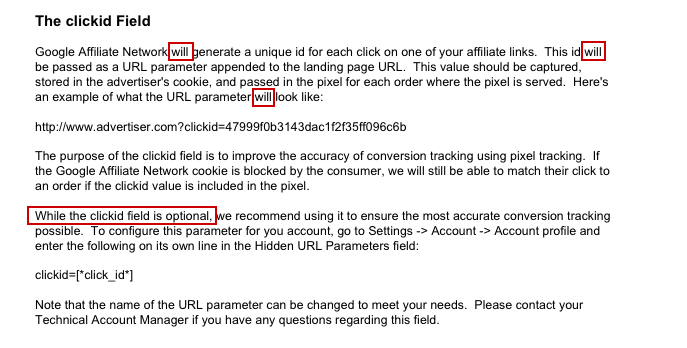
Sebastián Piñera, current President of Chile
Everyone is talking about the role this man played in ensuring that no measures were spared in resucing the 33 trapped miners in Chile:

Sebastián Piñera, current President of Chile
Don’t forget the role played by this man, even though he’s been dead for over thirty years as a result of a US-backed coup d’etat:
Salvador Allende, President of Chile, 1970 - 1973
How can a man dead for so long have played a positive role in recent events? Well, the corporate owners of the San José Mine, Compañía Minera San Esteban, basically walked away from the disaster once it happened, announcing plans to declare bankruptcy. They didn’t want to pay the cost of rescuing those miners.
Into that void stepped CODELCO, the state-owned mining company that was created by Allende (and the anger of foreign capitalists at this act was a big part of the motivation behind instigating the coup). It was largely CODELCO engineers that planned the successful rescue operations.
In other words, it was because Allende nationalized the mining industry that Piñera had the resources available for his administration to draw upon in undertaking the rescue.
The following is from one of their API documents:

That little gem cost me about 90 minutes of wasted time earlier this week. I skimmed through the document, saw the first paragraph of that sentence (the one with all the will’s), and proceeded to write some code that assumed the common meaning of that word.
More like the future of shortwave broadcasting, which upon serious reflection does seem really doomed to dwindle in the face of the Internet and satellite technology. Eventually. At least for a while.
And not just in the rich industrialized world. Even poor African nations are starting to invest in satellite-based FM relays. What’s going to drag the process out is the desire to get information from the outside (many of these impoverished nations are not free). Shortwave is still the best way to do that for most of the world, and it’s going to take some time before satellite technology fills that void.
But, there are already for-pay satellite radio services like Sirius. There’s no fundamental technological barrier to deploying similar receivers that tune a free, unencrypted satellite signal.
The biggest problem with satellites is that their owners can kick you off them if you say something you don’t like. That’s already happened a few times to international broadcasters, in fact. But, again, there’s a countermeasure available (a theoretical one; it doesn’t yet exist): more diversity of ownership.
And it will probably happen, if for no other reason that national governments will want their own satellites, so as to escape such vulnerabilities for their own communications. Such satellites will have spare capacity, which will be sold. If you get kicked off one satellite, there will be another one waiting for you. Yes, listeners will be inconvenienced by the sudden switch. They’ve been inconvenienced by jamming-prompted frequency changes on shortwave for decades. If they’re hungry for uncensored views from the outside world, they will cope with the new inconvenience much like they cope with the existing one.
But the laws of physics will remain. The ionosphere will be there, ready to bend signals back to earth and thus facilitate long-distance communication. And it will do so for all comers, without any fees. That’s a powerful selling point. In other words, don’t expect those frequencies to sit around unused. Old analog modes like AM and SSB will continue to be replaced by new digital modes, but the same old frequencies themselves will still be around.
Eventually, broadcasting might make a comeback on shortwave, if a suitable digital mode arises. As an aside, I’ll observe everything I’ve read about DRM indicates it is not a suitable mode for shortwave; it’s really no wonder it hasn’t taken off much.
But I digress. Suppose such a mode does get invented in the next decade or two. The broadcast bands will still be around (there will be a few lingering AM broadcasts, and international bureaucracy will move too slowly to get rid of them by then). Virtually all the existing users will have vanished, leaving essentially an empty slate. A properly-designed digital audio mode will provide satellite-like sound quality.
Listeners have left shortwave because most of them, unlike the few of us who have nostalgia for old media we grew up with, don’t care about the medium: they care about the content. Satellites and the Internet can deliver that content with much better sound quality than shortwave. Well, that cuts both ways: if shortwave starts being able to deliver the same quality, and direct-broadcast satellite receivers start coming with digital shortwave capability, listeners won’t care what band they happen to be receiving so long as it has the content they want.
But remember the might. Satellites have fewer intrinsic disadvantages than some shortwave die-hards might be willing to admit.
The Internet, alas, is more difficult. And that’s crucial, because currently satellites don’t have that important diversity of ownership. Even supposedly freedom-of-expression friendly governments like Australia already censor the Internet, and the USA wants to. Satellite Internet isn’t a complete solution, even if the satellite is based in a foreign country that is not an ally of the US; the US government could crack down on electronic payments to such providers. Most are not likely to be idealistic enough to continue furnishing service for free just to bust someone else’s information blockade. And hacking as a countermeasure is very, very risky, as hackers leave all sorts of evidence behind.
And that’s worrying. It’s also why while shortwave broadcasting as we currently know it is on a downward slide, it’s not going to vanish immediately. There’s still no complete replacement for it in place, even though such a replacement can theoretically exist (and, eventually, probably will exist).
Monthly Index for 2010 |
Index of Years